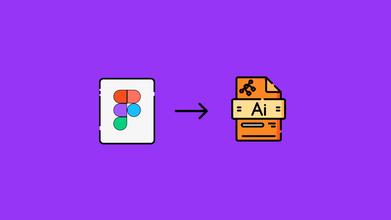What Is A Static Site Generator: Best Examples
Nov 10, 2022 10996 seen
What is a static site generator?
A static site generator is a program that creates an entirely static HTML website from raw data and a set of templates. These HTML pages load quickly in users' browsers because they are prebuilt. A static site generator, in essence, automates the task of coding individual HTML pages and preparing those pages to serve users ahead of time. Content management systems (CMS) — another tool for managing web content, generating webpages, and implementing templates — are an alternative to static site generators.
What is a static website?
A static website is composed of one or more HTML web pages that always load similarly. Static websites differ from dynamic websites in that they load differently depending on various changing data inputs, such as the user's location, time of day, or user actions. While static webpages are simple HTML files that load quickly, dynamic webpages require the browser to execute JavaScript code to render.
Why Use a Static Site Generator
You may wonder why anyone would use a complex static site generator when tools like WordPress are readily available. It all comes down to individual applications, personal preferences, and performance. Static websites will load much faster than dynamic websites in most cases. This is because your servers must handle fewer requests, and no database is involved. Every visitor will see the same pages, and all of that information is baked into the code of your static site generator. Some developers prefer to work with static site generators rather than complex CMSs with excessive features. Site generators are typically lean and, in some cases, highly modular. That means less bloat and fewer features to learn, which is especially important if you're only interested in creating specific pages.
Jekyll
With good reason, Jekyll is one of the most popular open-source static website generators. The software powers GitHub Pages, which provides free static site hosting. Jekyll is primarily a blogging-friendly generator. This static software includes a comprehensive taxonomy system and support for the Liquid templating language.
Hugo
Hugo allows you to generate pages at breakneck speed, with build times frequently falling below one second. The software allows you to use LiveReload to preview changes to your pages as you make them, and it has powerful theming functionality. Hugo uses a modular system to assist you in creating static websites. You can select from several modules, including content, layouts, and data.
Gatsby
One of Gatsby's main gripes was the build times, which they have worked hard to address this year by introducing incremental builds. This feature is available on Gatsby's own Gatsby Cloud offering as well as through services such as Netlify, and it can reduce build times to seconds in many cases. Their most recent release includes server-side rendering as well.
Gatsby has always served as a gateway into the Jamstack for new developers. They continued to improve features for new developers, such as the introduction of Gatsby Recipes, which are prebuilt solutions for common problems. These provide both the code and the necessary resources for you. This, as you might expect, includes the ability for members of the community to contribute their recipes.


